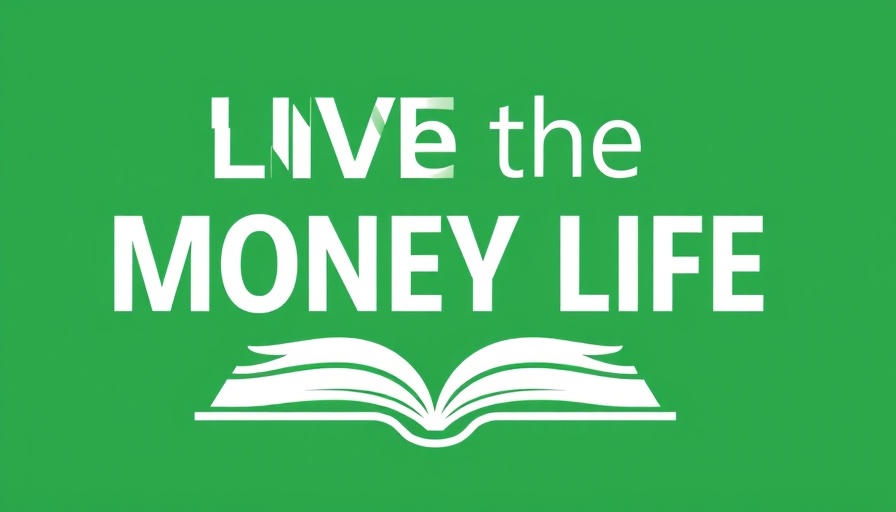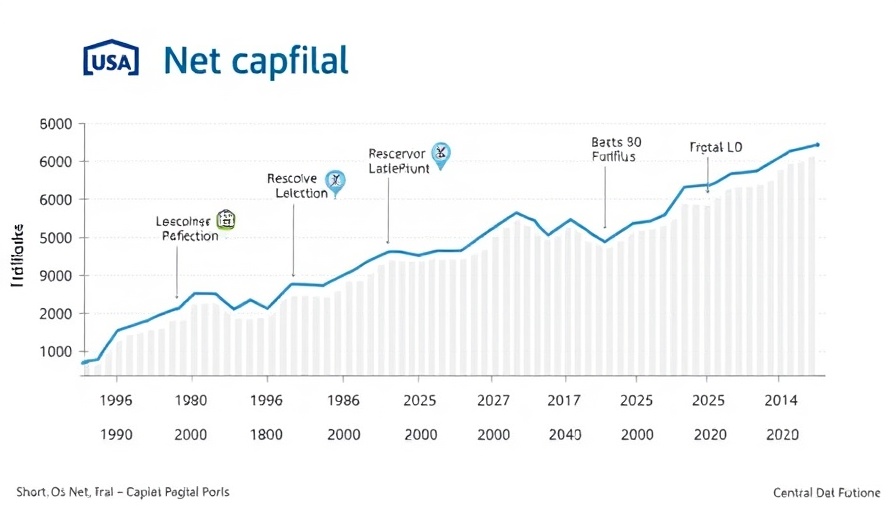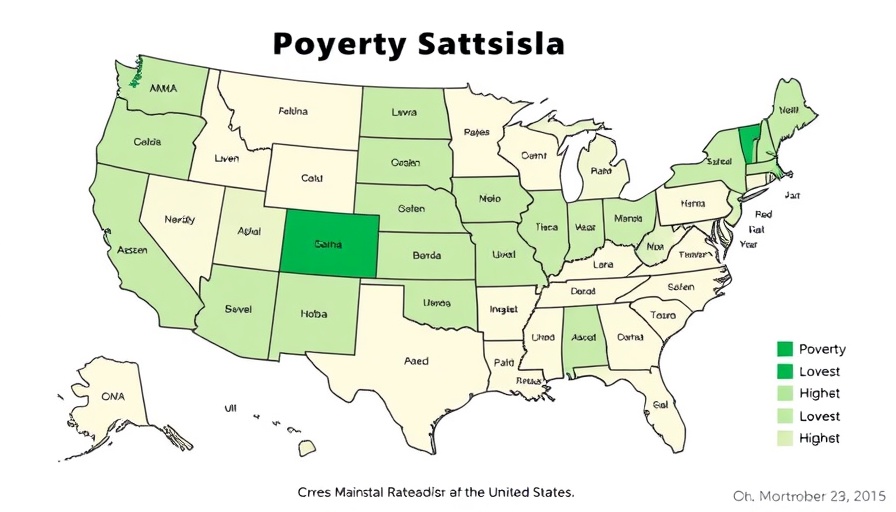
Understanding Investment Pitfalls
In today’s fast-paced financial landscape, navigating investments can seem daunting for many, especially top wage earners in bustling cities like Philadelphia. Chuck Jaffe's book, "How NOT to Invest," serves as a crucial guide, emphasizing that the common missteps in investing are often more prominent than the successful strategies. The narrative suggests that avoiding bad habits can sometimes be more important than following a strict investment regimen.
Common Mistakes in Investing
Jaffe’s work outlines several cautionary tales that illustrate how emotions, impulsive decisions, and lack of knowledge can lead investors astray. He emphasizes the importance of patience and diligence in researching before making investment choices. One prevalent mistake is being swayed by market trends or media hype, which can lead to ill-informed bump-and-run strategies rather than lasting investment plans.
The Right Mindset for Investing
Echoing the insights shared in Jaffe's book, successful investing is less about chasing the latest trends and more about understanding underlying principles. The work highlights the need for investors to foster a long-term perspective, making thoughtful decisions that align with their financial goals and risk tolerance. This mindset allows investors to remain resilient amidst market fluctuations.
Local Relevance: Investing in Philadelphia
For high-income earners in Philadelphia, the stakes of investing can be particularly high, making it crucial to engage in sound practices. Local financial advisors often recommend being aware of specific regional economic indicators that might affect investment decisions. As such, understanding the local market can provide a strategic advantage when navigating investment opportunities and threats.
Final Thoughts: Making Informed Decisions
The key takeaway from Jaffe's insights is that successful investing is often about more than just finding the right strategies; it's about avoiding pitfalls. As you progress in your financial journey, continually educating yourself can help mitigate risks and build a robust portfolio. Remember, understanding how not to invest can often lead you closer to successful financial outcomes.
 Add Row
Add Row  Add
Add 




Write A Comment